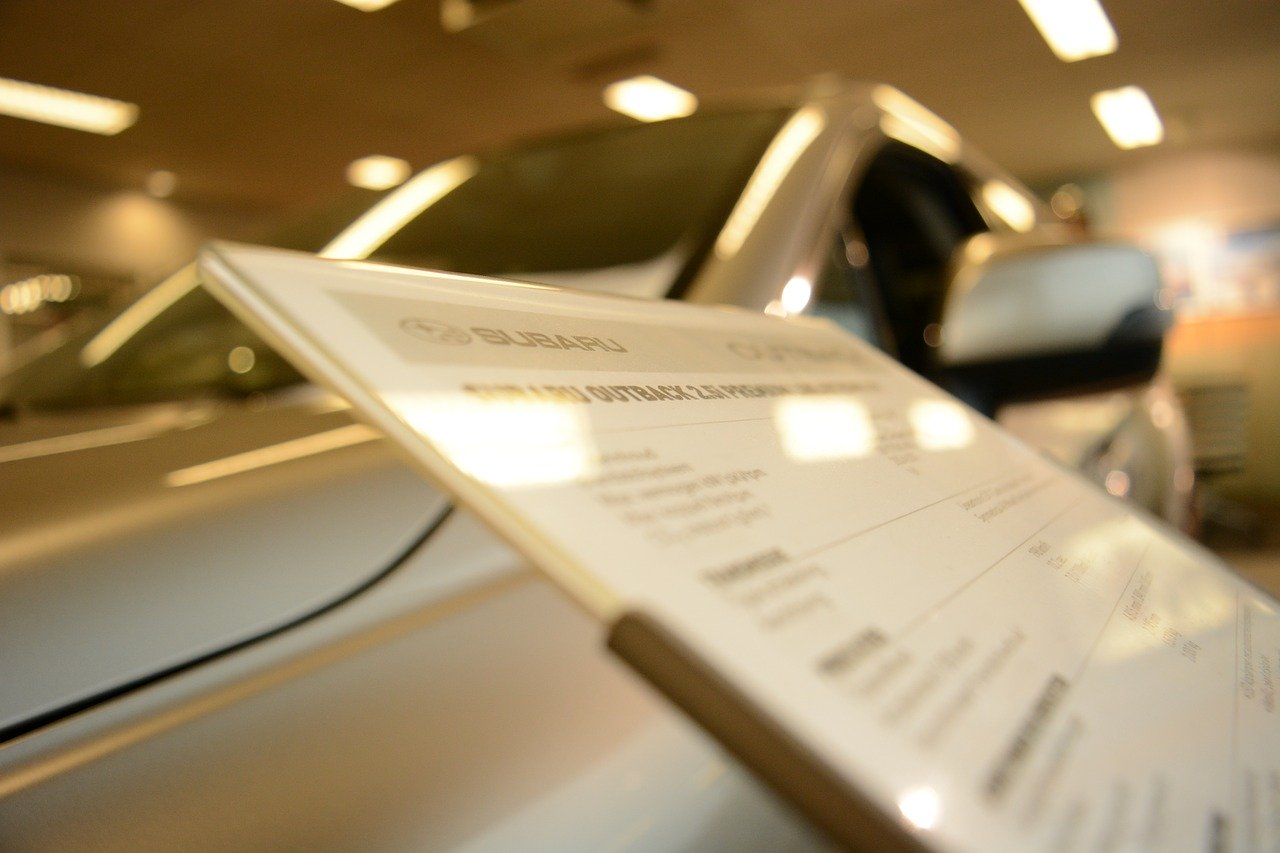What’s the secret ingredient to a long-lasting life in the automotive industry? It’s clear by looking at the best-selling cars of all time, longevity arises from a concoction of factors.
This article explores the main factors that help a car retain its popularity over the years, whether that be practicality or production rate.
It’s useful to have a deeper insight into the most successful cars of all-time to ensure you’re in the best position to buy a timeless vehicle when the time comes.
Progresion
Like many things in life, if you don’t move with the times you’re going to be left eating dust.
This couldn’t apply more to the automotive industry and is one of the main reasons why a few of the best-selling cars of all time no longer grace our roads.
The majority of cars that have stood the test of time have gone through a number of generational upgrades where manufacturers have worked tirelessly to improve and upgrade their car capabilities.
Implementing the latest cutting edge technology and innovative safety features goes a long way in the eye of the consumer.
The Vauxhall Astra (also known as the Opel Astra) is a classic family model that has seen revamp after revamp, ensuring that the car is up to scratch on the modern market. It gives newer competing models a run for their money, and has been a favourite for decades.
Production
The Japanese trio of Toyota, Honda and Nissan are the perfect examples of mass-production cars that have gone on to dominate the market and become global powerhouses in the automotive sector.
Mass producing vehicles ensure that replacement parts are cheap, buying prices are low and reliability is assured.
For these reasons, mass-produced cars are very popular amongst young families, businesses and service vehicles like Taxis and Ubers services.
The Toyota Corolla, has been the world’s best-selling car for 22 years with over 47 million models sold worldwide. Why? It’s reliable, it’s affordable, and it’s cheap to fix!
Pricing
It’s no real surprise that the best-selling cars of all time are dominated by affordable, family cars.
If the car you’re looking to buy is highly reliable, fuel efficient, and offers a reasonable price tag, it’s a no-brainer to delve deeper.
The more popular car manufacturers like Volkswagen and Ford have solid brand reputations that allow them to price their cars competitively and dominate the market.
For example, if you’ve got the choice of a Volkswagen Golf or a Skoda Octavia where both are priced at £20,000, nine times out of ten you’re going with the Volkswagen because of the manufacturers reputation of producing consistently high quality cars. Unless you’re a fan of the Skoda Octavia’s enormous boot…
Practicality (and Versatility)
If you’re going to survive the dog-eat-dog world of the automotive industry, you better make sure your vehicle ain’t a one trick pony.
Practicality goes way beyond the sheer size of the car and transcends into the tangible experience you get. Did the cabin feel spacious enough? Is the seat adjustment smooth? How easy is it to fit an isofix car seat?
All the best-selling cars have a certain level of practicality that ensures the experience from point A to point B is effortless.
There’s no denying the fact that versatility has helped a number of the world’s best selling cars reach the sales figures they have. The off-road nature of the Ford F-Series and Toyota Hilux have played their part, while the racing car attributes of the VW Polo and Renault Clio have certainly heightened the car’s demand.
Conclusion
What makes a best-selling car? It’s the billion dollar question. Literally.
It’s hard to pinpoint a sole factor that contributes to the large sale of automobiles. Having a balanced blend of numerous components is likely the best way to target multiple markets.
This rendition of the 4P’s framework has helped some of the world’s best selling cars reach the top: Progression, Production, Pricing and Practicality.







